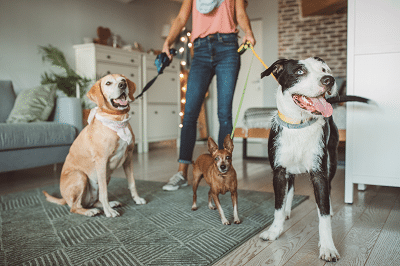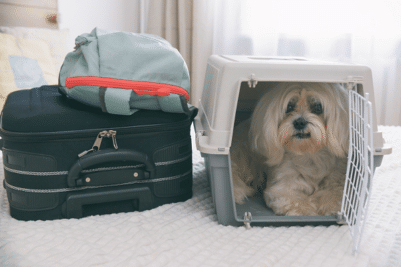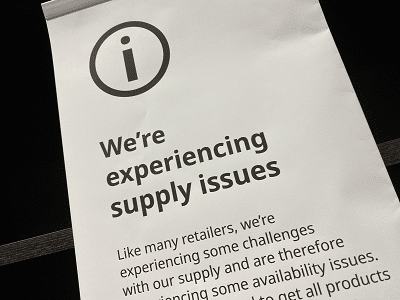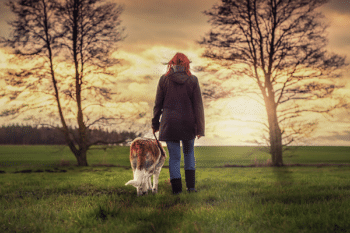You have probably seen them walking in your neighborhood, in the grocery store, or at the park.
The adorable puppies wearing colored vests identifying them as ‘guide dogs-in-training’, ask that you do not to pet them.
Maybe you’ve noticed people in your community with active guide dogs, leading them across busy intersections or through crowded public places.
International Guide Dog Day is a day to recognize and celebrate the selfless work that guide dogs do as they devote their lives in assisting humans with vision impairment to safely and successfully, navigate the world.
Guide dogs help people who are blind or partially sighted to move more confidently in the world around them so they can more easily partake in the normal, everyday activities that those with eyesight, may take for granted.
Guide dogs are highly skilled and trained animals that promote independence and safety for their owners. Guide dogs help their owners use public transportation, negotiate obstacles, both high and low, guide them through busy public places, and help complete a variety other daily tasks, in and outside of their homes.
Guide dogs are trained to escort their owners in a straight line while avoiding obstacles, and will stop at curbs, doors, stairs, and anything that might get in the way. They are, however, not intended to ‘lead’ their owner and dictate where to go.
These dedicated pups are trained to take instruction as to where their owner wants to go and ensure that they reach their destination safely. It is up to the owner to use their other senses, such as hearing, to determine when it is safe to proceed (such as when crossing a busy intersection) and give the guide dog the appropriate command so the dog can proceed when it is safe to do so.
Through the course of their training, guide dogs are taught to reason and respond to unsafe commands which is called intelligent disobedience; wherein if it is unsafe to proceed, the guide dog will refuse to obey the command.
The owner, in turn, must learn to trust their guide dog and have faith that if their dog refuses to obey a command, it is because there is some element of risk at play and that the dog has identified it and is reacting to it.
But along with keeping their owners safe, guide dogs also provide companionship and encourage social inclusion for their owners. They boost confidence and self-esteem through enablement. The dog provides their owner with that very special human-animal bond that we all know is so important as a source of unconditional love and acceptance.
By helping their owner to safely navigate public spaces, a guide dog can also encourage owners to gain self-confidence in being able to leave the comforts of their home and engage with others in social situations. This can lead to establishing relationships that, without the assistance of a guide dog, the owner may not have been as willing or able to create or participate in.
Dogs that are well-suited for this type of work usually have a quiet and calm disposition, a high level of intelligence, good concentration, and a strong drive to work. Breeds that are commonly used as guide dogs are Golden Retrievers, Labrador Retrievers, and German Shepherds as their intelligence, size, and temperaments make them well-suited for service work.
Guide dogs receive about two years of training and socialization to learn the various tasks, obedience, and the public access manners needed to be a successful guide.
They devote their lives to keeping their owners safe and elevating their quality of life.
It is important to recognize the role and the impact guide dogs play in our society.
For more information on becoming involved with a guide dog program, or in obtaining a guide dog for yourself, contact your local guide dog organization or speak with your veterinarian.
LifeLearn News
Note: This article, written by LifeLearn Animal Health (LifeLearn Inc.) is licensed to this practice for the personal use of our clients. Any copying, printing or further distribution is prohibited without the express written permission of Lifelearn. Please note that the news information presented here is NOT a substitute for a proper consultation and/or clinical examination of your pet by a veterinarian.










